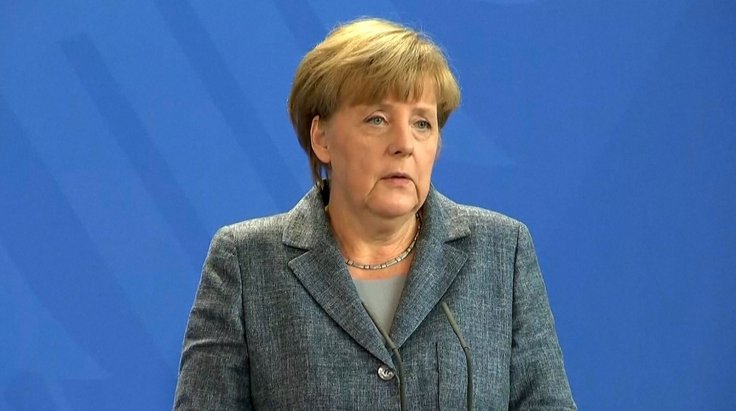For months, Germany had only a small role in operations against the Islamic State in Iraq and no presence in Syria. Now, spurred by the Paris attacks and France’s request for help, the German Cabinet has approved plans for 1,200 support troops, surveillance and refueling aircraft, and a frigate in the Eastern Mediterranean to bolster operations against ISIS in both Iraq and Syria.
Yet, if Berlin’s motives to increase its role in the international coalition fighting ISIS can be comprehended, a deeper strategy is missing. Focusing on the aerial bombardment distracts from the political background that prevents any effective opposition against the Islamic State.
As recently as September, Germany’s announcement that it was withdrawing Patriot anti-aircraft missile batteries from southern Turkey, put in place in 2013, suggested that Berlin wanted to avoid the possibility of getting involved in a military conflict.
However, the Islamic State’s attacks on Paris on November 13, accompanied by the narrative of a strike against the center of Europe and Western values, changed the political environment. The German government can now intervene to satisfy public demands for retaliation. At the same time, it can improve strained relations with France by demonstrating solidarity.
However, these calculations do not mean that the mission is comprehensible.
More than a year of airstrikes by the international coalition, led by the US, have not resulted in a noteworthy weakening of the Islamic State. Achievements have come in areas where airstrikes took place in close coordination with forces on the ground, such as the defense of the Kurdish town of Kobani in northern Syria in late 2014 and the capture by Kurdish forces of the town of Sinjar in northwestern Iraq last month. However, Kurds are not a potential partner on the ground in parts outside the Kurdish cantons.
Instead, the one-dimensional focus on the Islamic State paradoxically helps ISIS. First, it fits the Islamic State’s narrative of modern crusaders oppressing Muslims. No airstrikes will target the Assad regime although his military — or what is left of it — has been destroying large parts of the country and is responsible for the killing of hundreds of thousands of Syrians. In summer 2013, the regime’s chemical attacks that left more than 1,400 people dead suffered no consequences. In contrast, casualties in a European country imminently lead to airstrikes on a Syrian city where civilians are likely to suffer the most casualties.
Second, Germany joins a strategy that ultimately bolsters President Assad. It is the Sunni Syrian opposition — possibly together with elements of the Syrian army in the long term — that can and wants to fight the Islamic State. By promoting the one-dimensional campaign of airstrikes, Germany both ignores those elements and the political basis for the Islamic State’s existence in Syria. Tens of thousands of armed Syrians are unlikely to lay down their weapons as long as the figure of Assad remains in power. So the chaos of a civil war with international dimensions will continue to provide a livelihood for the Islamic State in Syria.
Then there is the humanitarian dimension. Germany’s proclaimed goal is to reduce the flow of refugees, coming mostly from Syria. For that to happen, steps to establish security for civilians need to be undertaken. The emphasis on airstrikes does not provide that security; instead, it is a diversion from what needs to be done.
The German government may get some short-term political benefit from its change of approach to Iraq and Syria. But any momentary uplift from a symbolic blow to the Islamic State is unlikely to accomplish more than that — indeed, it may soon lead to more difficulties for the Syrians whom Germany and others say they will be helping.

